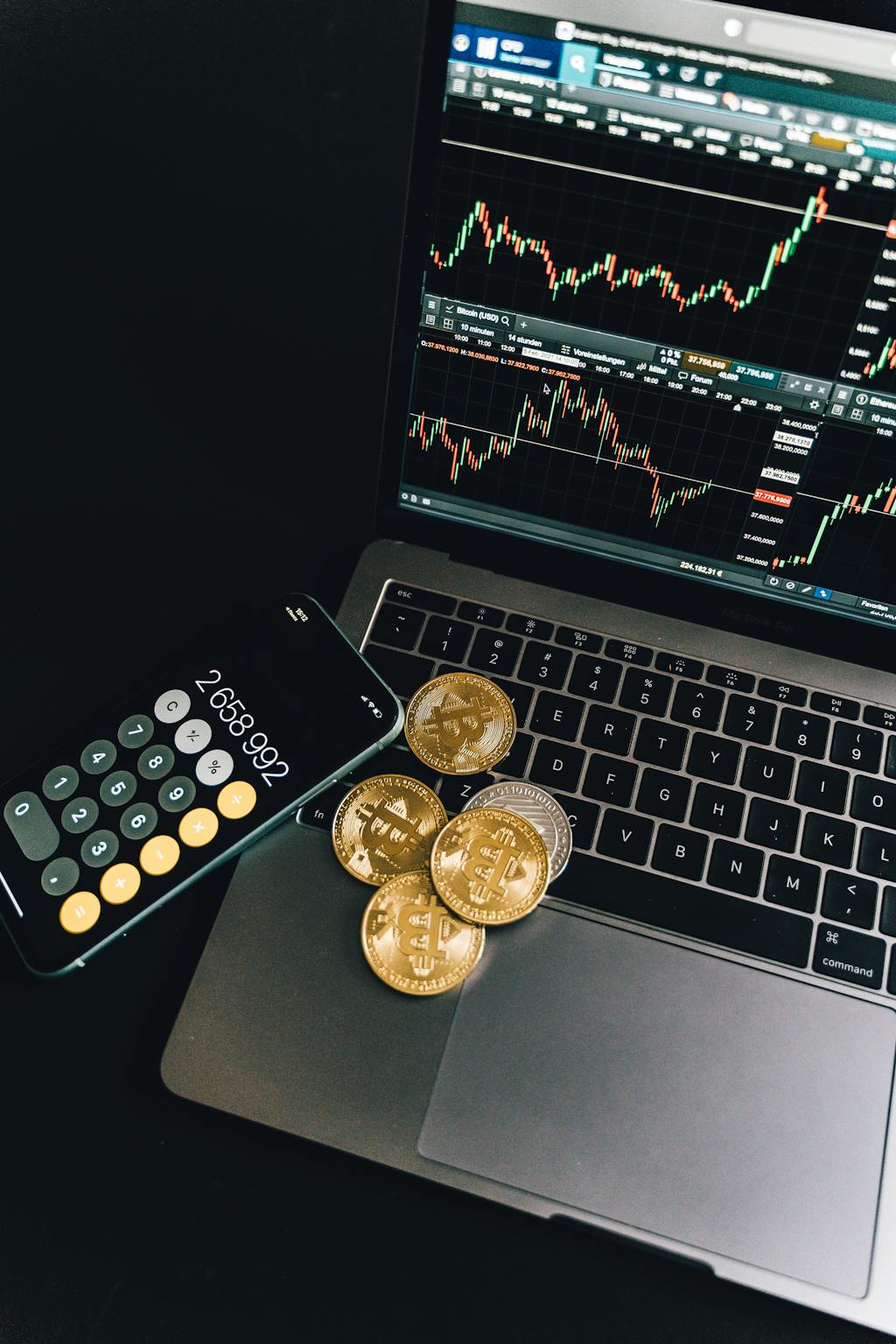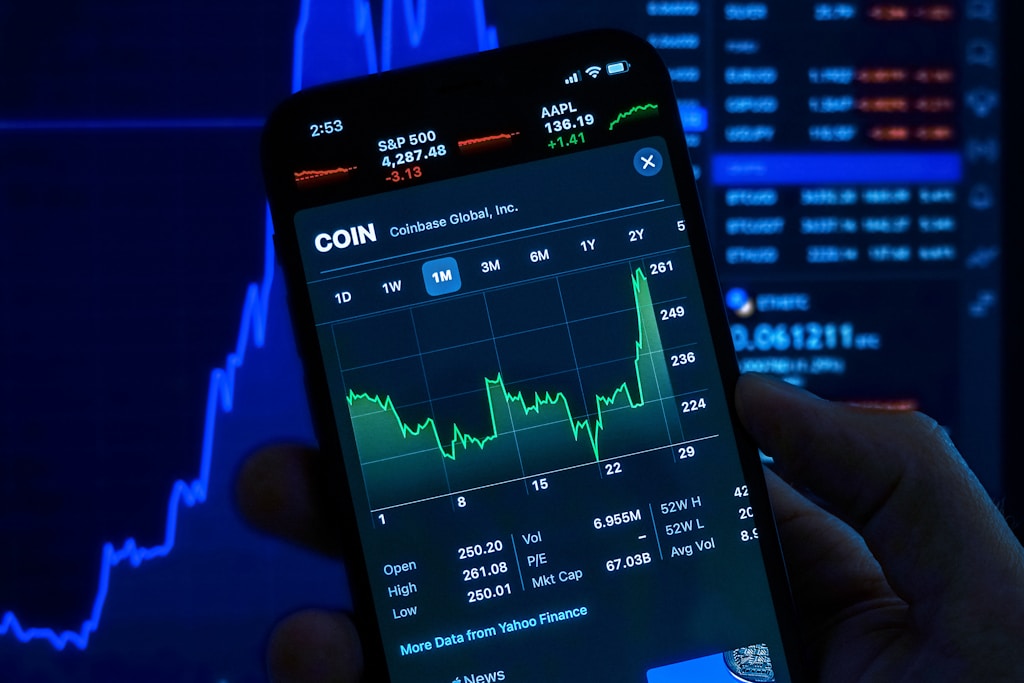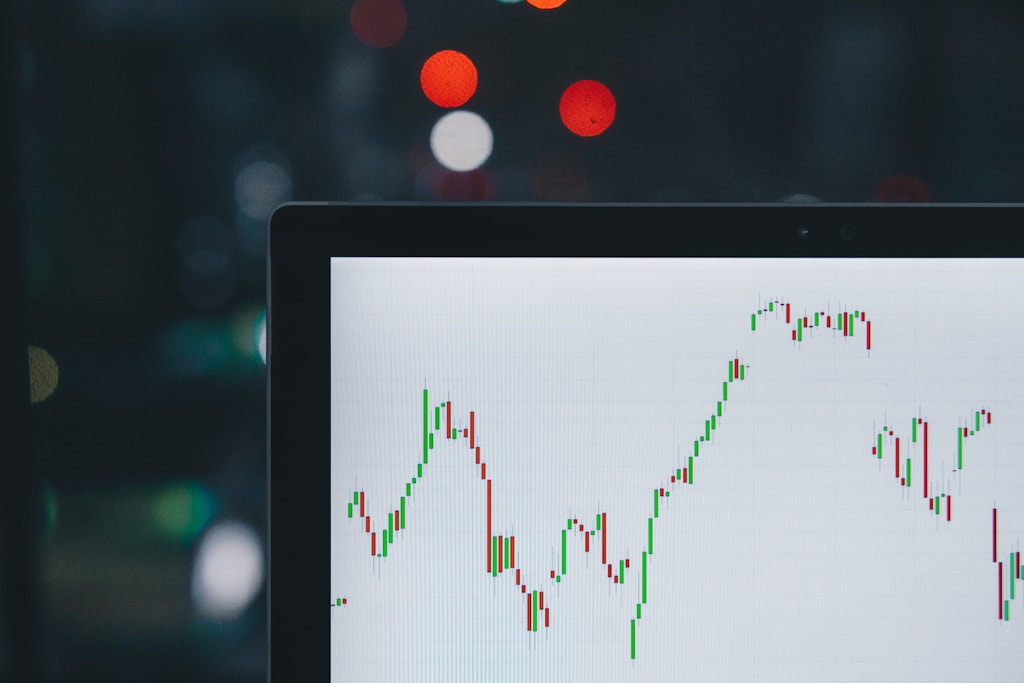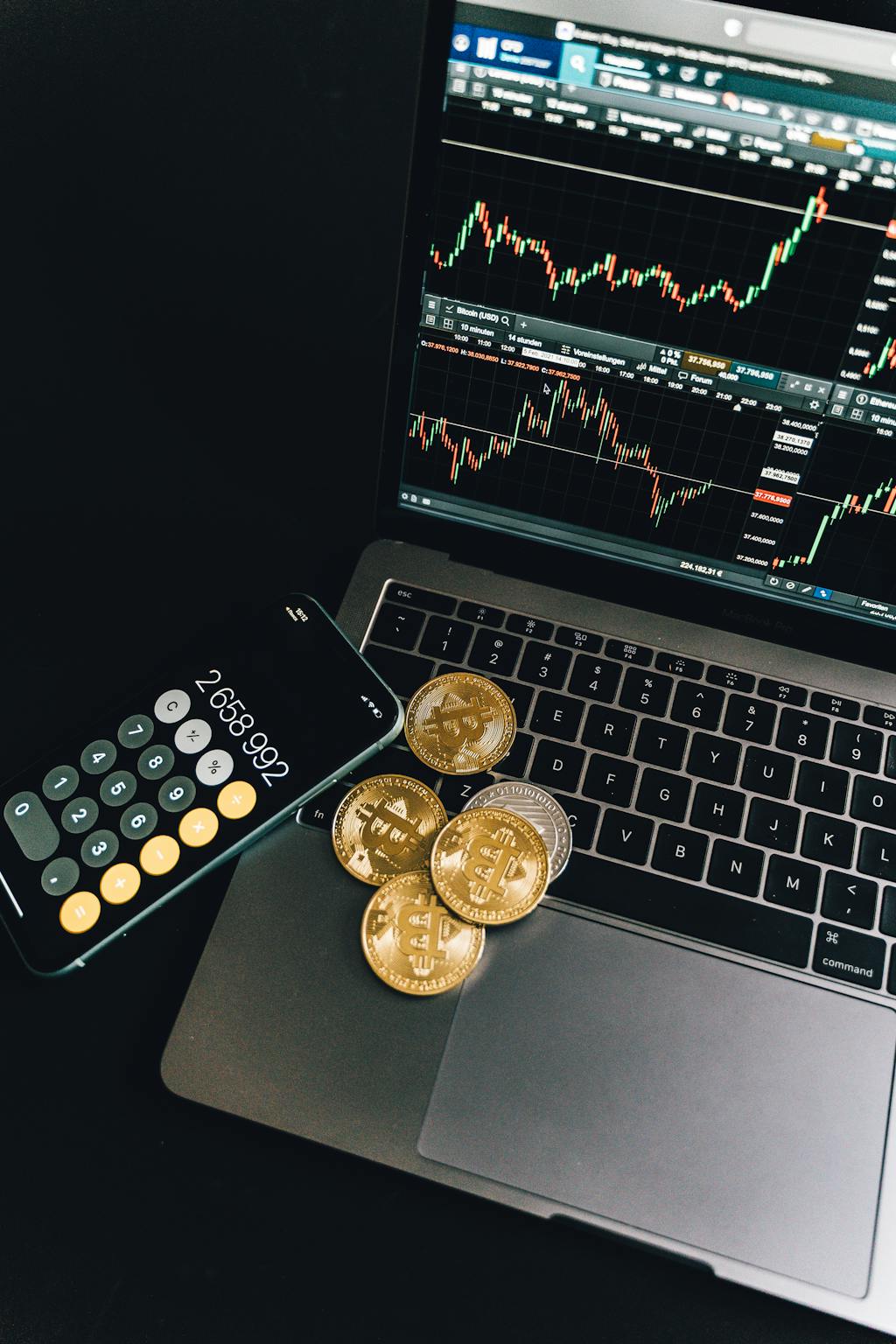South Korea Targets BitMEX, KuCoin in Major Crypto Exchange Crackdown
South Korea’s financial regulators are intensifying their oversight of the cryptocurrency sector with planned sanctions against several major exchanges, including BitMEX and KuCoin, marking a significant escalation in the country’s efforts to regulate digital asset trading.
- South Korea’s FIU targets 5 major crypto exchanges operating illegally
- BitMEX, KuCoin, CoinW, Bitunix, and KCEX face potential sanctions
- Exchanges operated Korean-language services without proper registration
- Access blocking measures expected to be implemented this year
Regulatory Crackdown Details
The Financial Intelligence Unit (FIU) has identified multiple cryptocurrency exchanges operating without proper registration as Virtual Asset Service Providers (VASPs). These platforms have been providing services to Korean users through Korean-language websites without fulfilling the necessary regulatory requirements.
The targeted exchanges include:
- BitMEX
- KuCoin
- CoinW
- Bitunix
- KCEX
Enforcement Measures
According to an FIU official, the regulatory body is actively working with the Korea Communications Standards Commission to block access to these unregistered platforms. The official stated, “We are organizing damage cases and related data to strengthen communication between authorities, and we expect to see tangible measures taken within this year.”
Recent Regulatory Actions
This crackdown follows a series of regulatory actions in South Korea’s crypto sector. Last month, Upbit, one of the country’s largest exchanges, faced a three-month restriction on new customer asset transfers due to compliance issues. The mounting pressure on crypto exchanges reflects South Korea’s commitment to establishing a regulated and transparent digital asset market.
FAQ Section
What makes these exchanges illegal in South Korea?
These exchanges are considered illegal because they operate Korean-language services without registering as Virtual Asset Service Providers (VASPs) with the FIU.
When will the sanctions take effect?
According to the FIU, tangible measures are expected to be implemented within 2025.
How does this affect Korean crypto investors?
Korean investors using these platforms may face access restrictions and potential service disruptions once the sanctions are implemented.
Market Impact and Future Implications
This regulatory action could significantly impact the global crypto trading landscape, as South Korea represents one of the world’s largest cryptocurrency markets. The move may prompt other exchanges to either comply with local regulations or exit the Korean market entirely.
As the situation develops, affected exchanges and their users should prepare for potential service disruptions and consider transitioning to compliant platforms to ensure continued access to cryptocurrency trading services.





